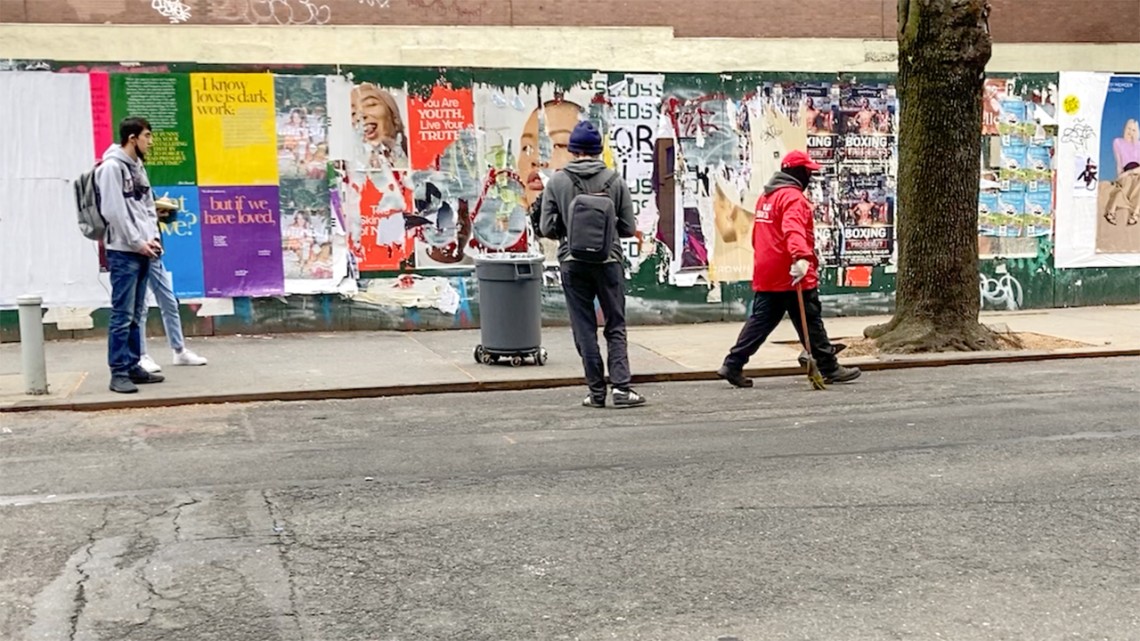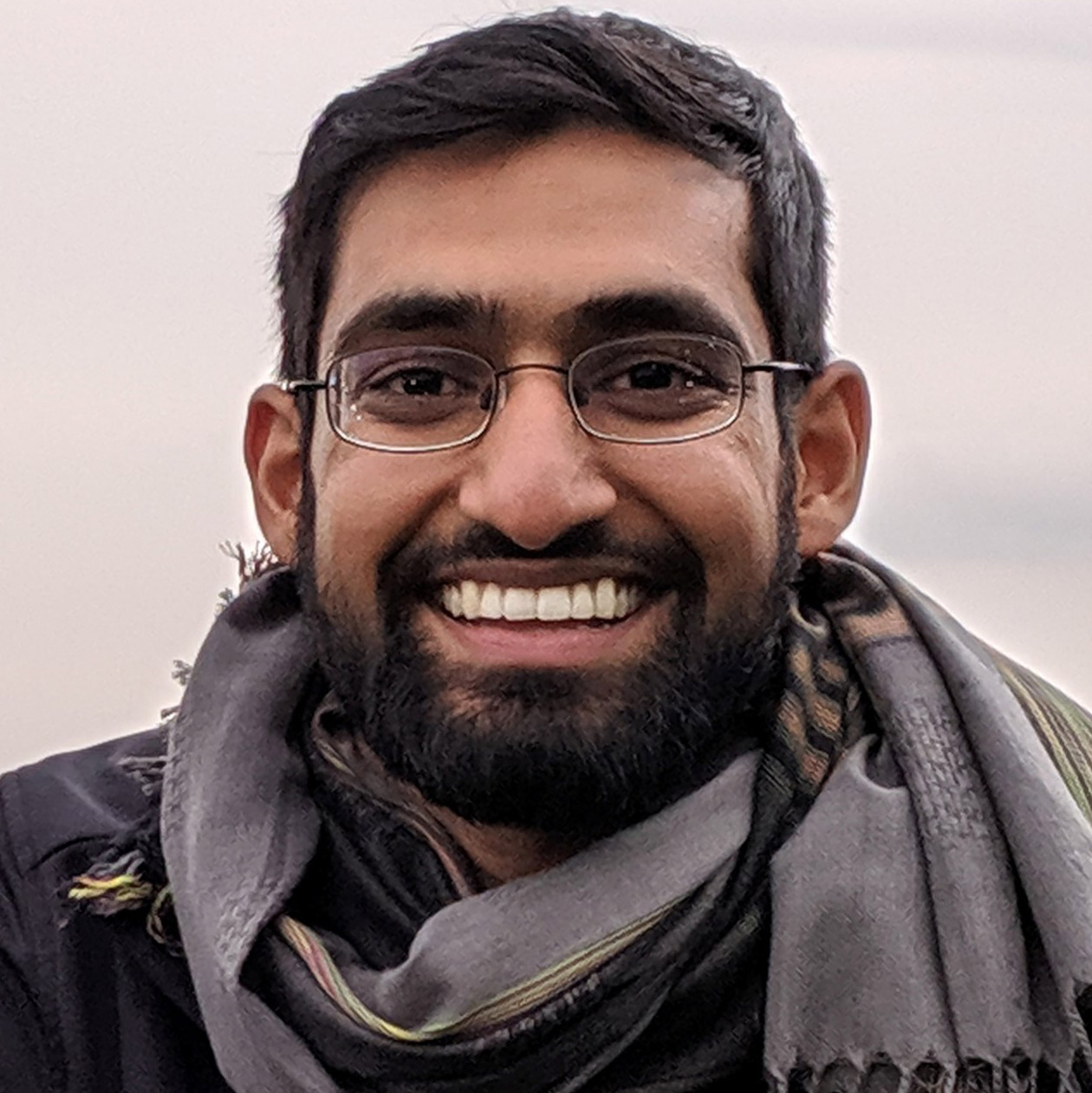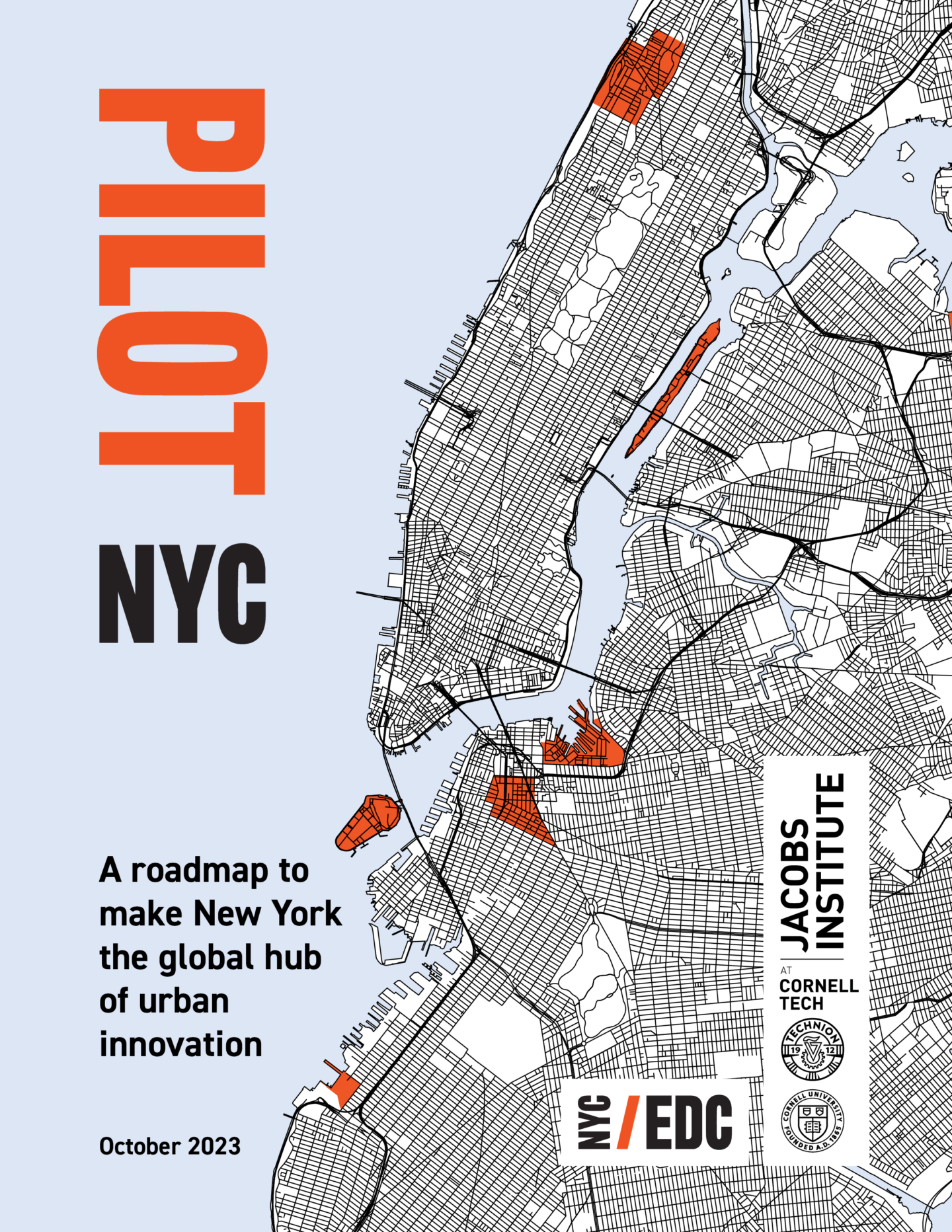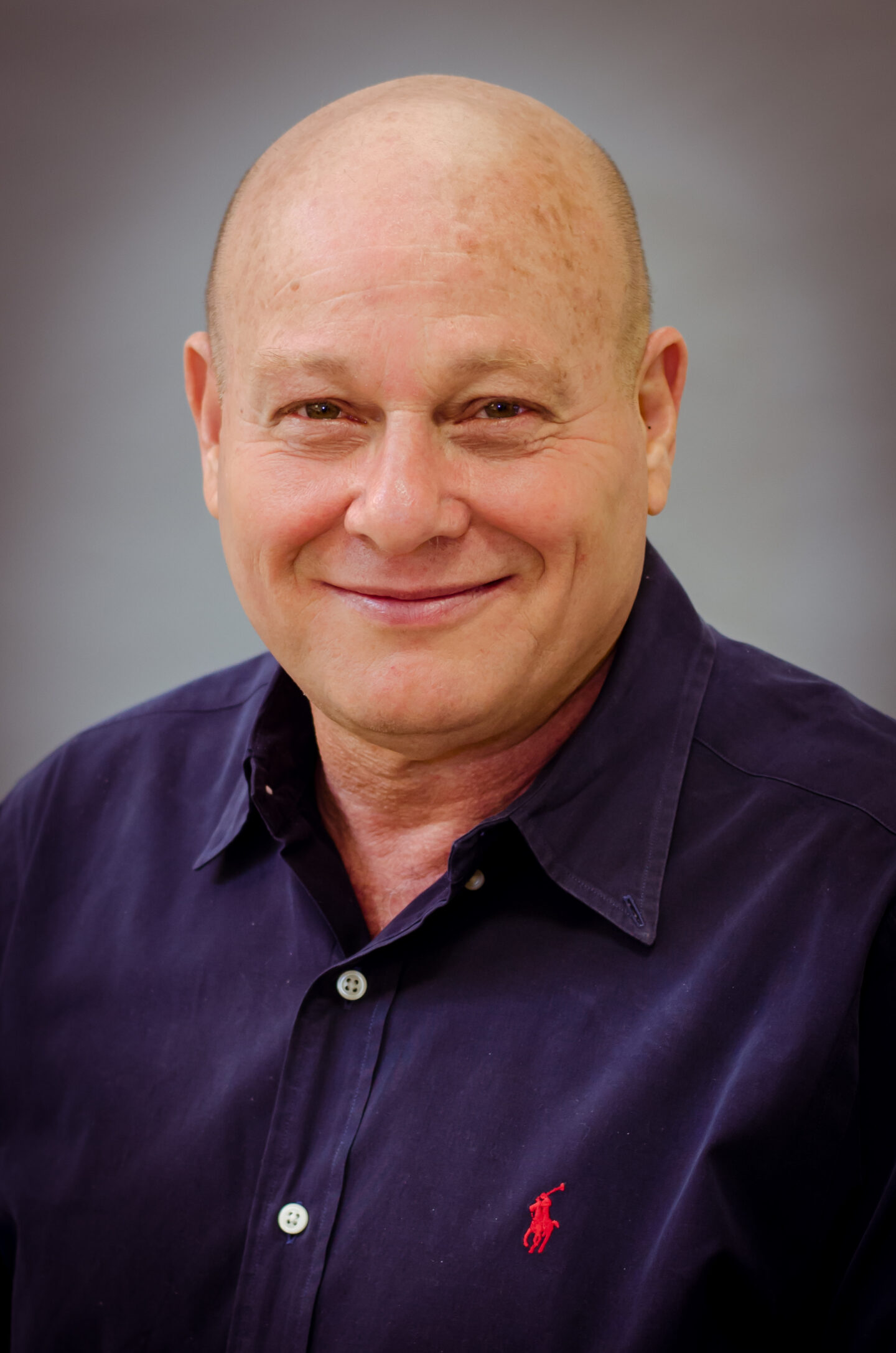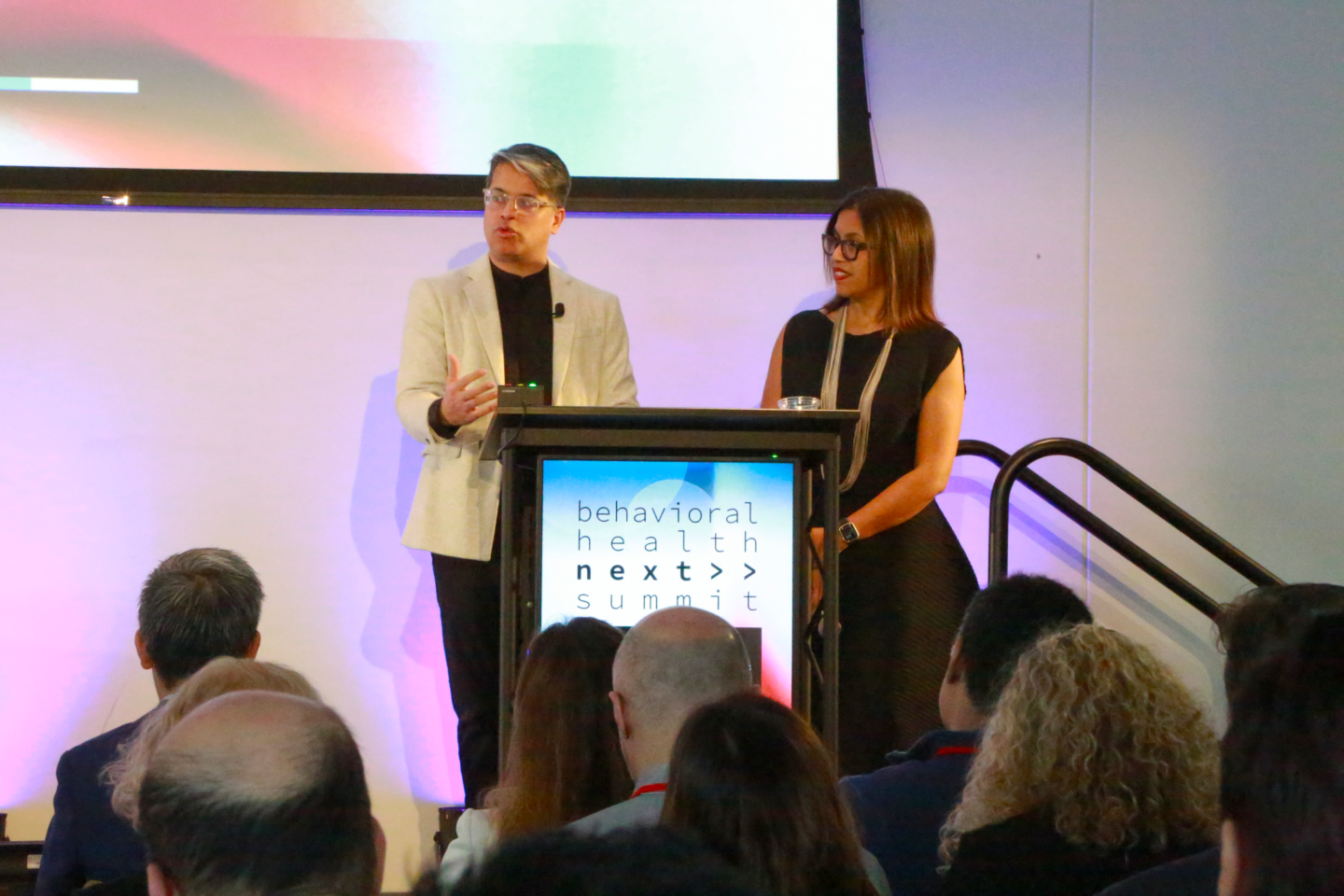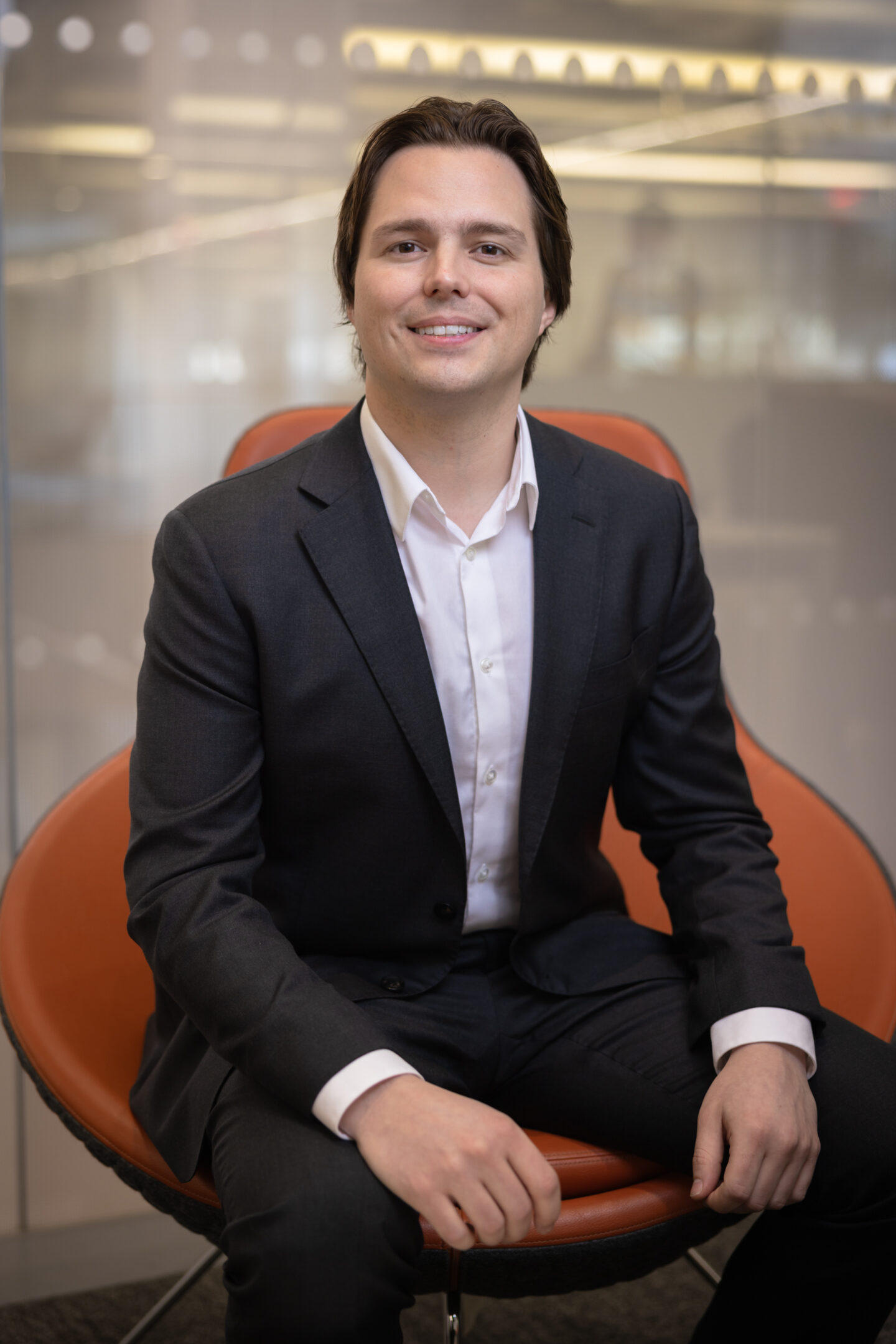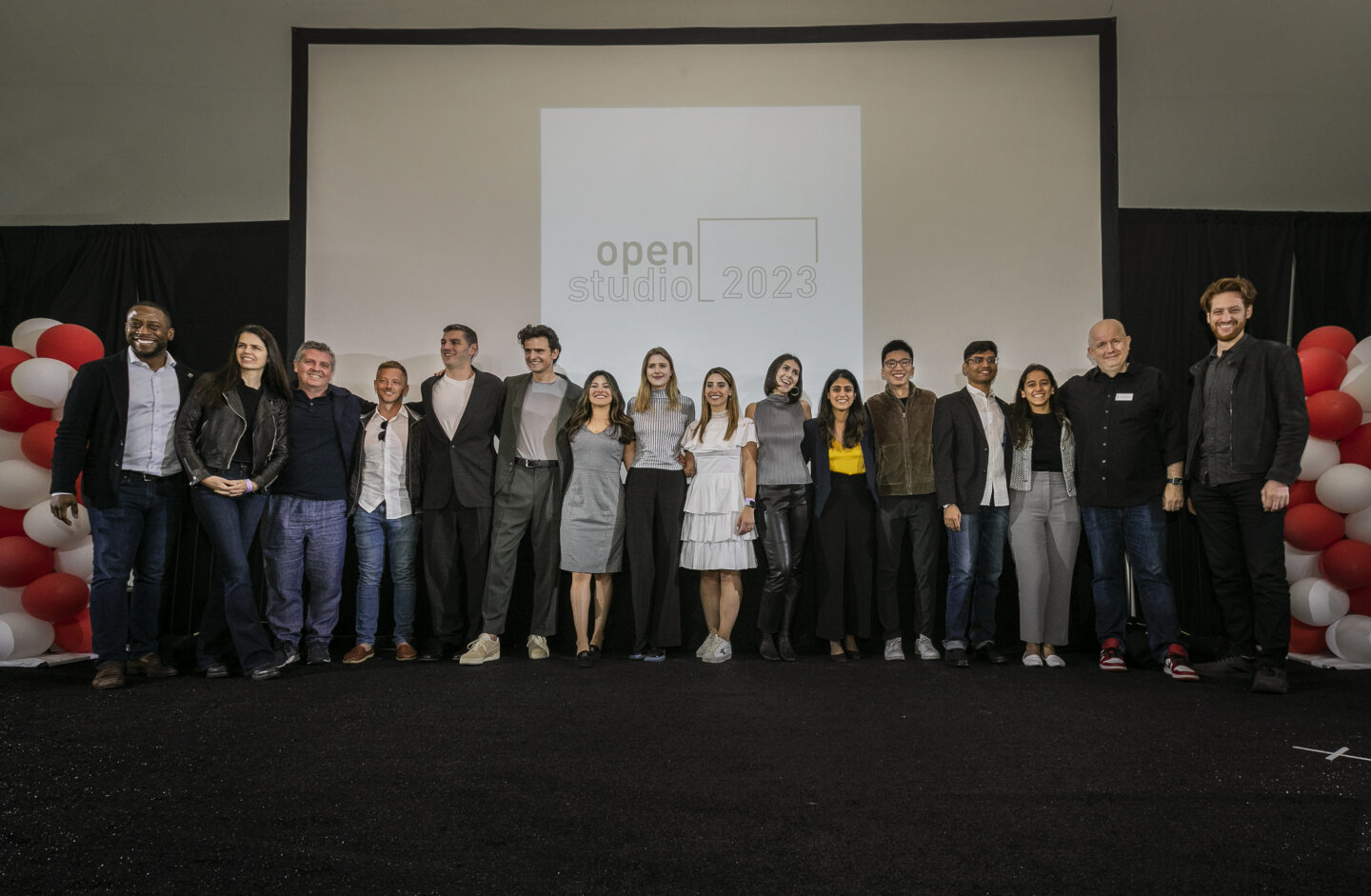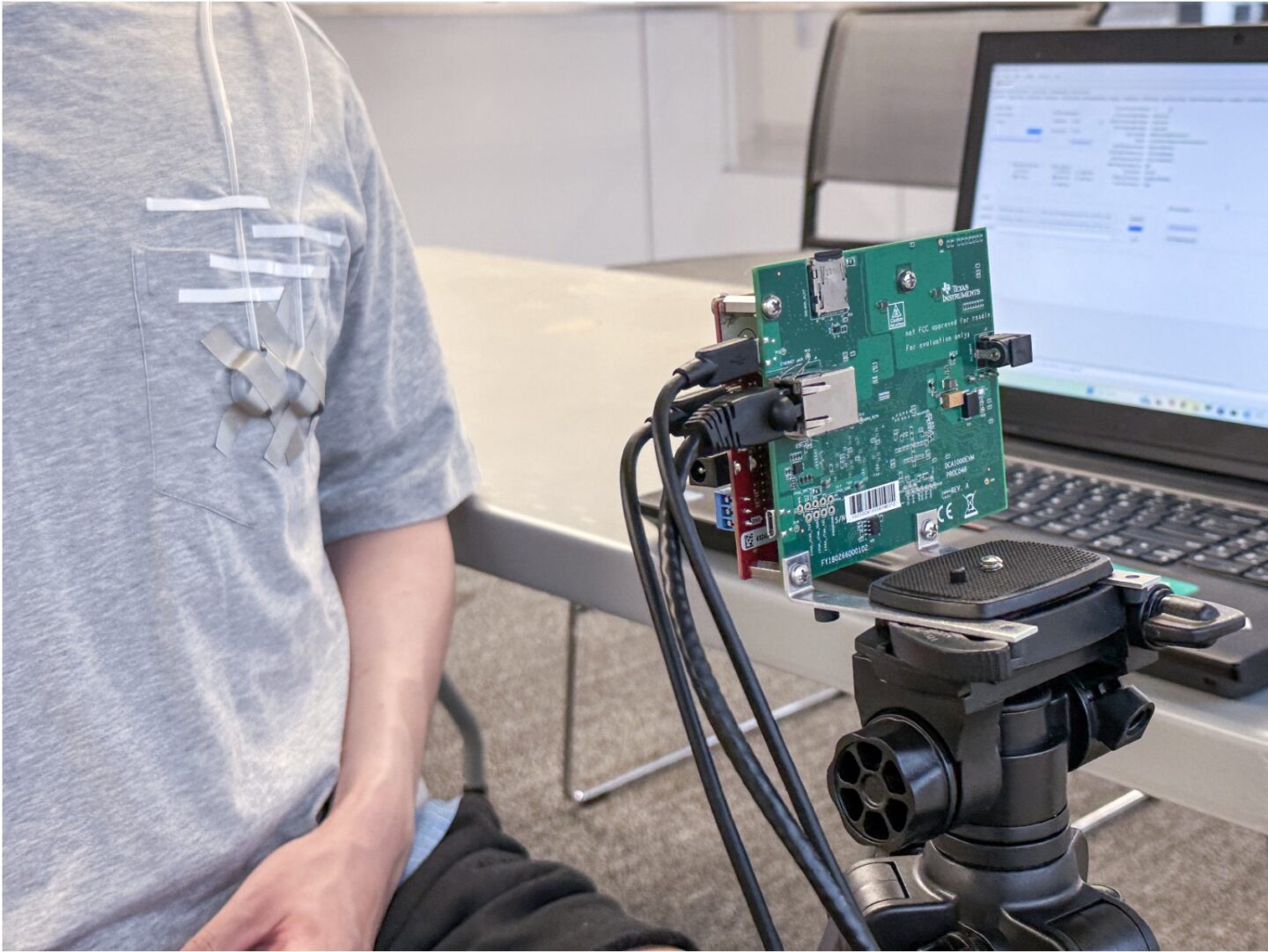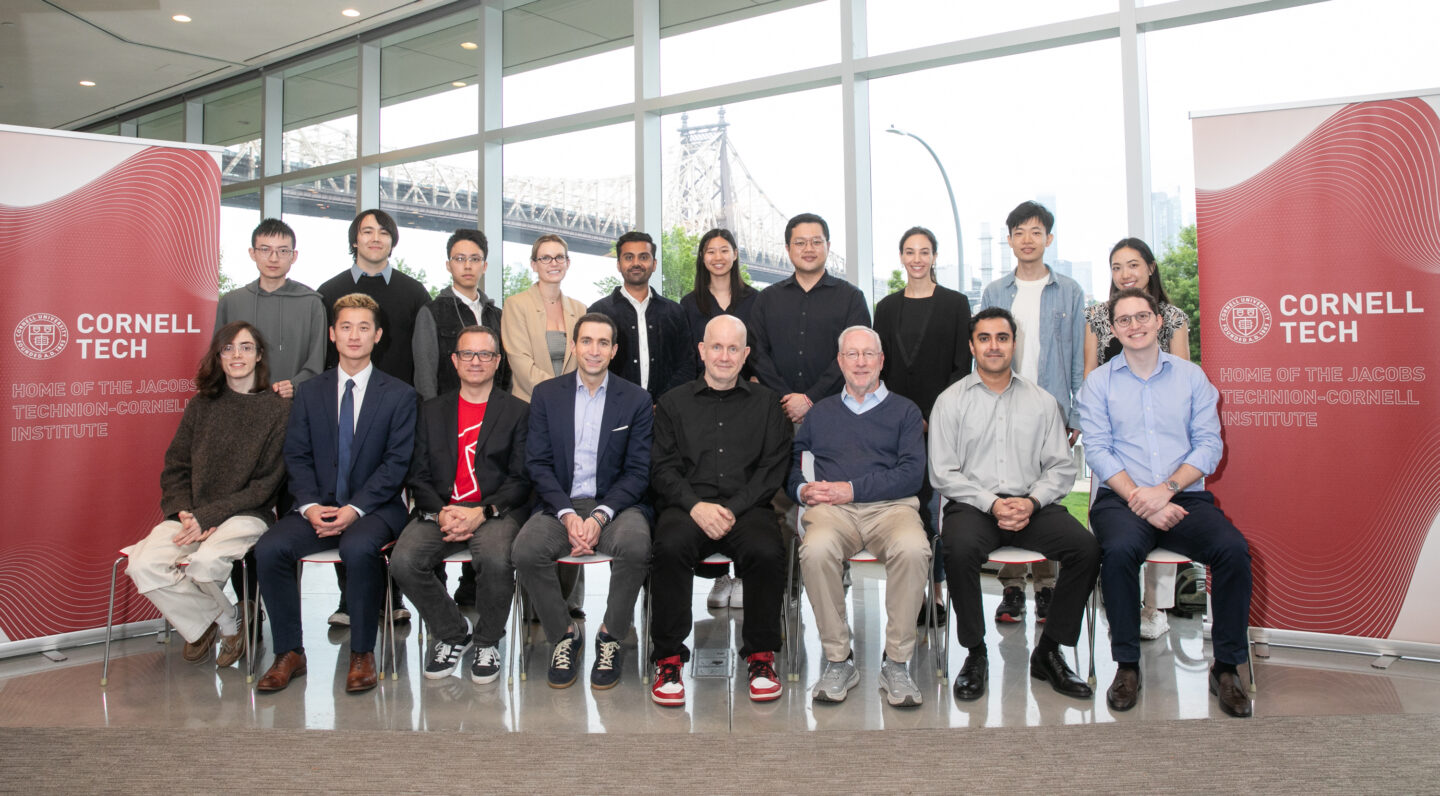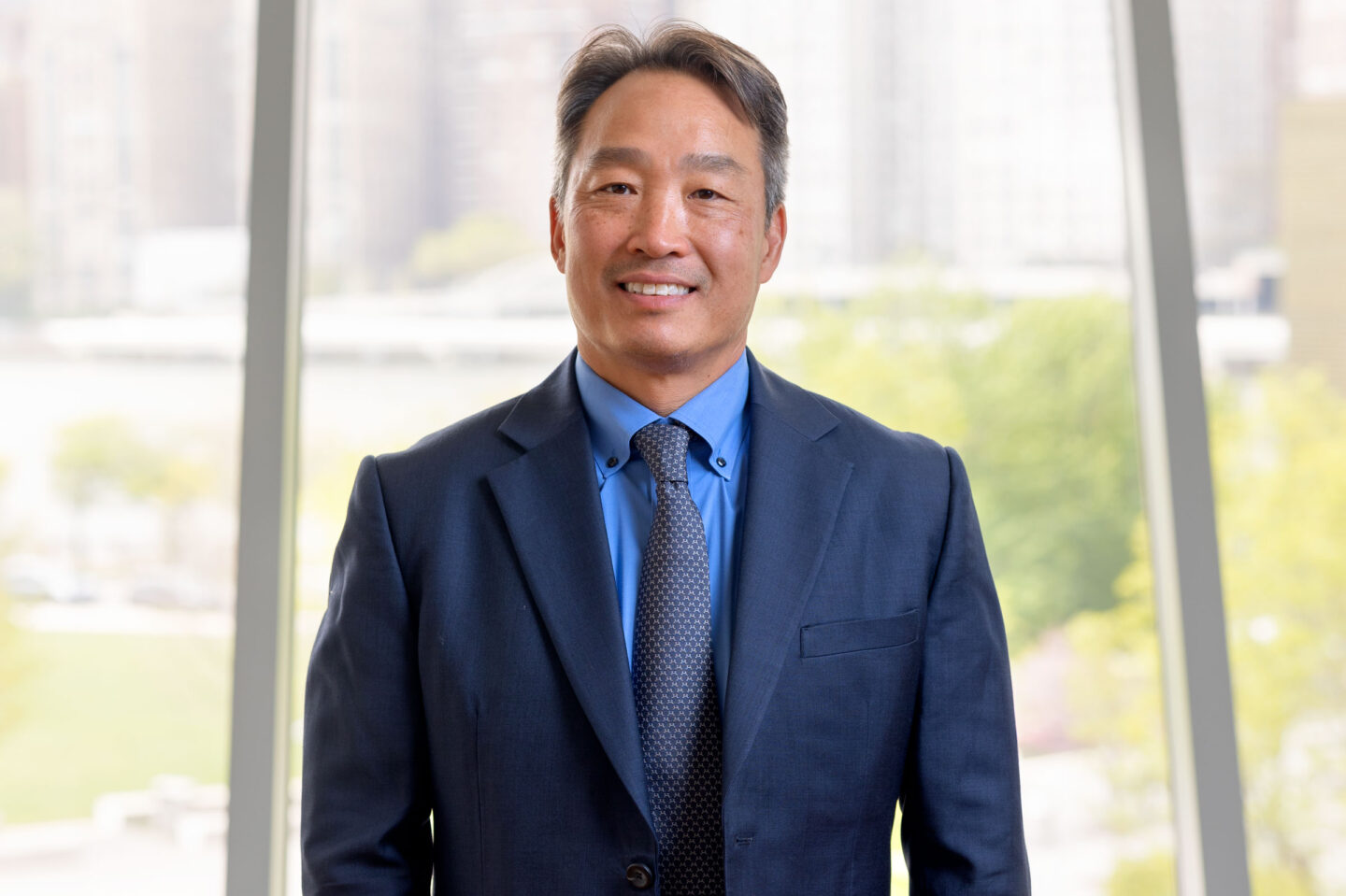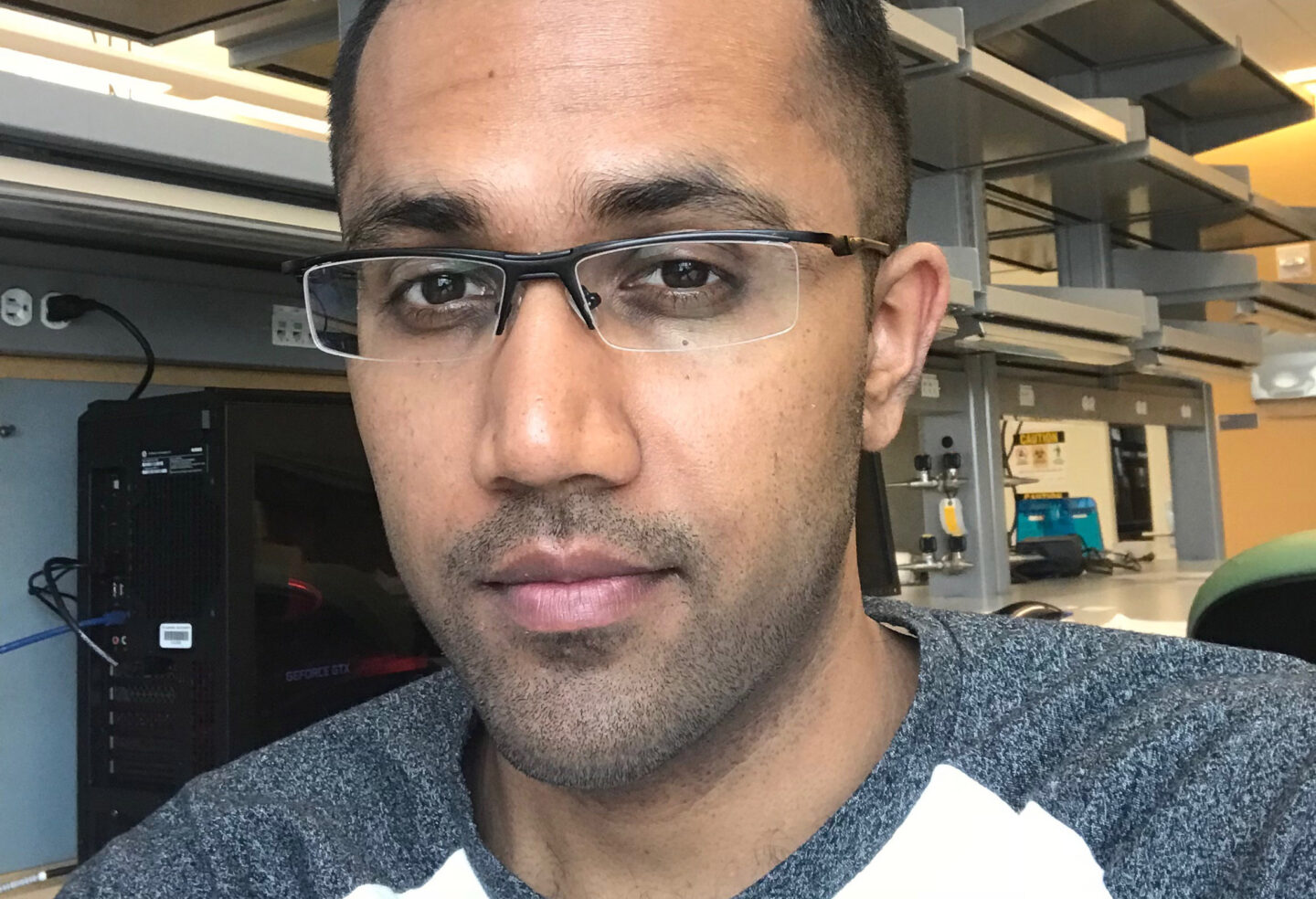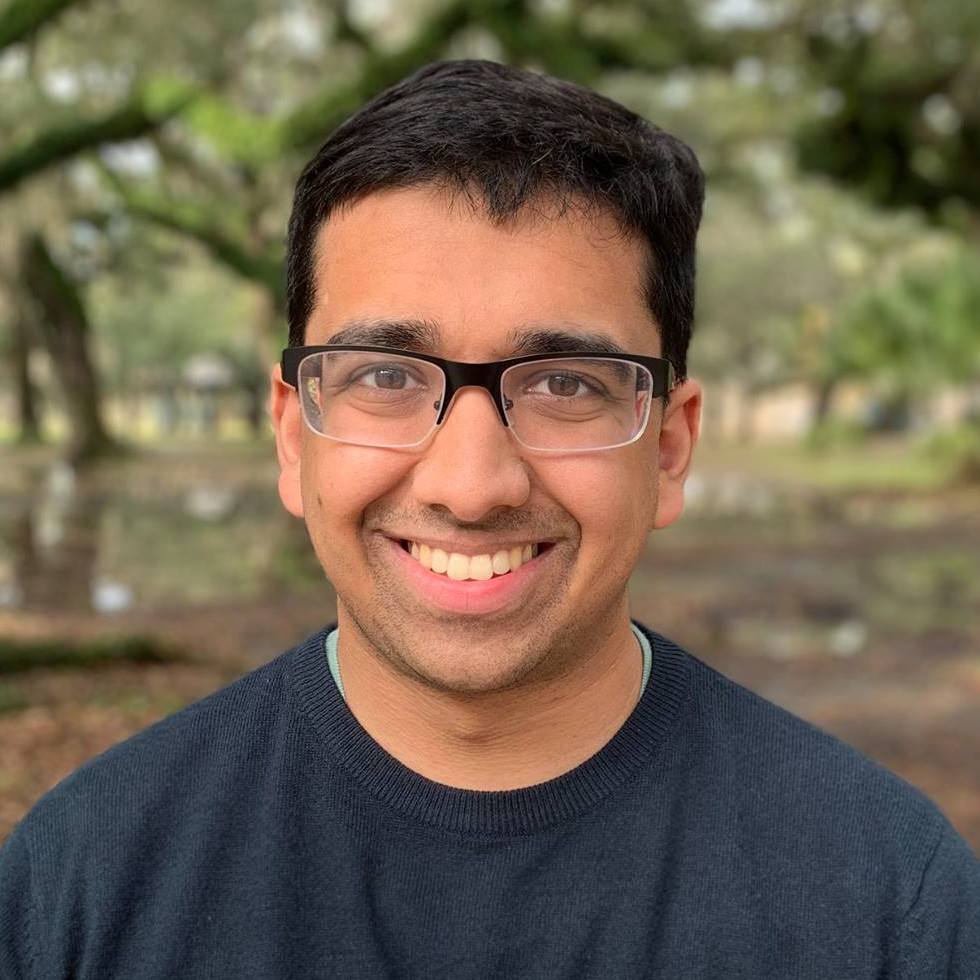A platform that uses machine learning, sensors and location data to guide customers to safely distanced cafe seating and an augmented reality platform offering immersive art experiences are among the projects Cornell Tech students have proposed to help New York City emerge from COVID-19.
The projects were developed in Urban Systems: Defending Density, a fall 2020 class that was part of the Jacobs Technion-Cornell Institute at Cornell Tech’s new two-year dual master’s degree program in urban tech. Students developed technologies aimed at helping the city reopen four areas: office space; shops and restaurants; cultural institutions; and schools.
Finding innovative solutions for cities’ most pressing problems is a primary goal of the new Urban Tech Hub at the Jacobs Institute, which launched last year with the support of a $15 million gift from real estate developer and philanthropist Stephen M. Ross and his company, Related Companies.
“Inspired by unprecedented challenges over the past year, cities are experiencing a wave of innovation that will transform the future of urban life for generations to come,” Ross said. “The thought-provoking ideas the students have developed to help get New Yorkers and other city dwellers back to work, back to school, and to support small businesses and cultural institutions underscores the need for the Urban Tech Hub, bringing together academia and industry to solve real problems and strengthen our cities.”
The interdisciplinary program seeks to leverage technology to make cities stronger, fairer and more resilient. The hub takes the definition of urban tech far beyond the concept of “smart cities” – the use of sensors and data to make city life more efficient – to include helping citizens participate more directly in their government and aiding the underserved, said Michael Samuelian, director of the Urban Tech Hub and instructor of Defending Density.
“Urban tech can be one of the major levers that helps us with COVID-19 recovery,” said Samuelian, an urban planner and real estate developer who most recently served as the president and CEO of The Trust for Governor’s Island. “We’re creating a whole new field of practitioners who are going to be marrying the sensibilities of urban planning and the challenges of urban problems with the knowledge of deep tech research.”
In its first year, the hub’s first urbanist-in-residence, Anthony Townsend, an expert in the future of cities and information technology, has been curating a series of talks around the theme of “What’s Next for Urban Tech.” This semester, Rohit Aggarwala, senior adviser at the urban innovation firm Sidewalk Labs, former head of the New York City Mayor’s Office of Long-Term Planning and Sustainability, and Senior Urban Tech Hub fellow, is working with students on plans for how New York City’s next mayoral administration and City Council might deploy digital technologies.
“We’re doing a number of interviews with tech leaders and civic leaders and a deep dive to think about how tech can be a more central component of civic government,” Samuelian said.
Tech can help cities tackle long-term challenges such as environmental threats and inequity, but in the short term it can be an important tool in pandemic recovery.
“The launch of the Urban Tech Hub could not have come at a more critical time,” said Ron Brachman, director of the Jacobs Technion-Cornell Institute. “Cities are facing new and immense challenges due to the pandemic that they have never seen before, and this calls for a unique program that can bring together diverse viewpoints and skills to work towards an equitable recovery.”
To that end, the students’ projects took aim at problems including shuttered schools and suffering restaurants, shops and cultural institutions.
For “Restarting the Workspace,” students developed a plan that uses artificial intelligence and machine learning to track, screen and quarantine people with COVID-19; robotics and automation for contact-free interactions; and new office space designs for physically distanced and flexible collaboration.
The “Education Next” project proposed an interactive platform to digitize the campus experience, using the device as a bulletin board and portal to keep track of responsibilities and connect with fellow students.
“Reopening Cafes” uses sensing and other digital technologies to help customers find physically distanced seating, and to help restaurant owners boost revenue and ensure safety.
The “Reopening Cultural Institutions” team developed an augmented reality art walk, as well as a game where users could recognize physical art objects with their phones using computer vision.
Cities’ needs – combined with most people’s increased comfort with digital tools such as Zoom – have created opportunities for positive change, Samuelian said.
“Where the challenges are greater, that’s what really triggers innovation,” he said.
Media Highlights
Tech Policy Press
Content Moderation, Encryption, and the LawRELATED STORIES
